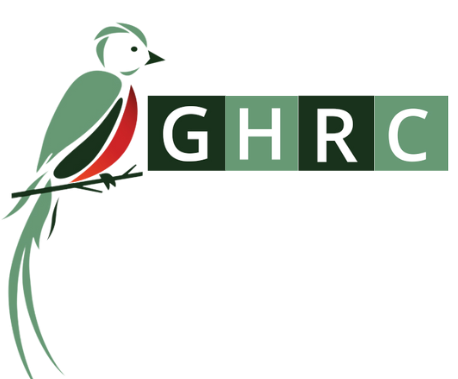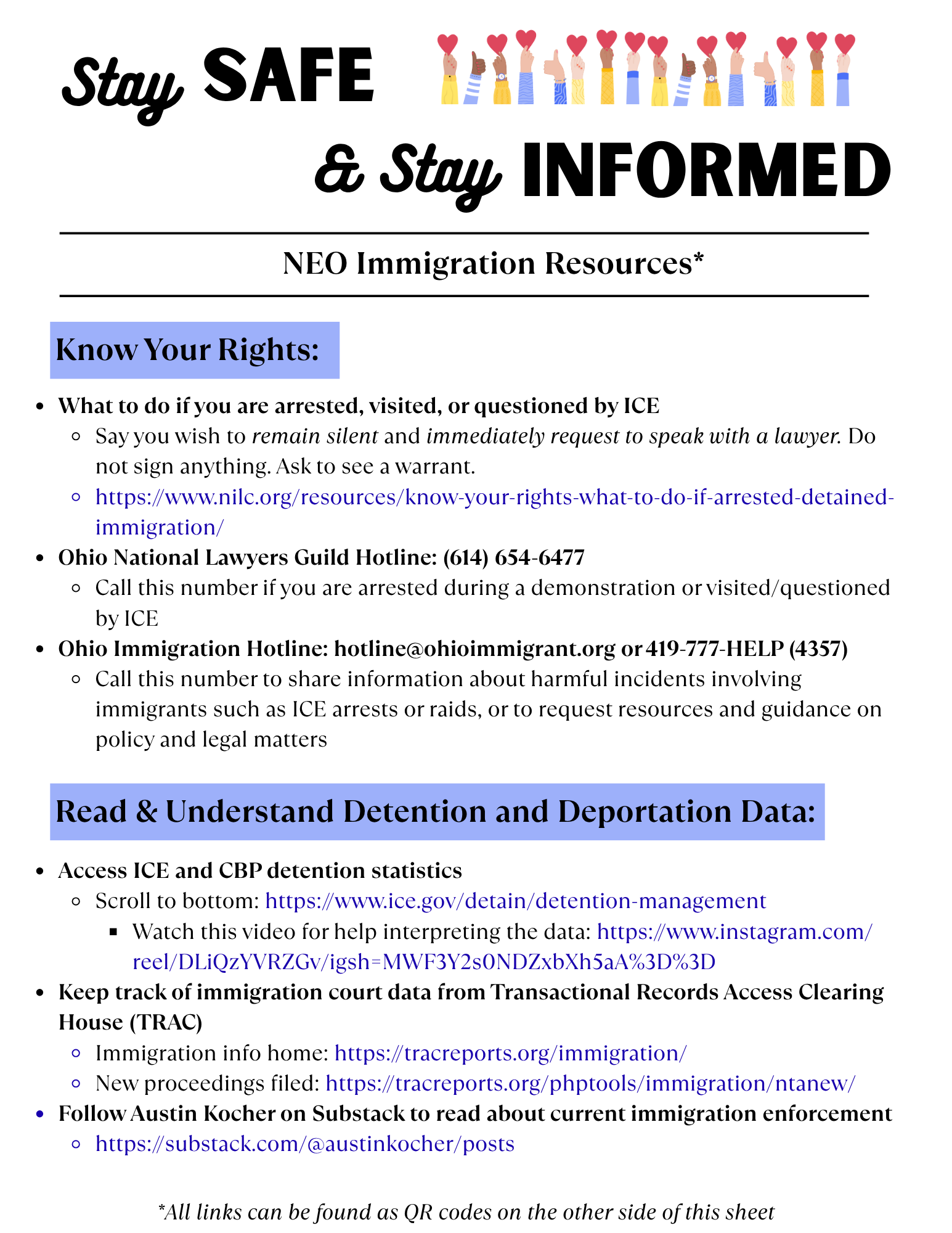Please join the Guatemalan Human Rights Commission/USA (GHRC) & the Office of Public Witness of the Presbyterian Church (USA) on Thursday, February 26 at 12:00 pm EST for a virtual discussion. Our panel will explain the factors driving corruption and how it directly affects the daily lives of Guatemala’s Indigenous communities, as well as the United States’ role in the country’s ongoing struggle for its future.
Our panel discussion will open into a Q&A session at the end. Register below to receive the Zoom link to join and submit your questions!
Register here: https://docs.google.com/forms/d/e/1FAIpQLSflY6I6o1HoKR6-WH3HeDsV0t5OFCclwuDsk8aGnM_JjHLZnQ/viewform




